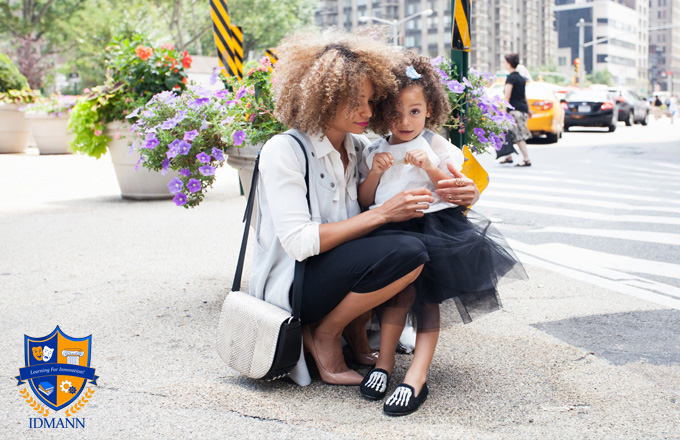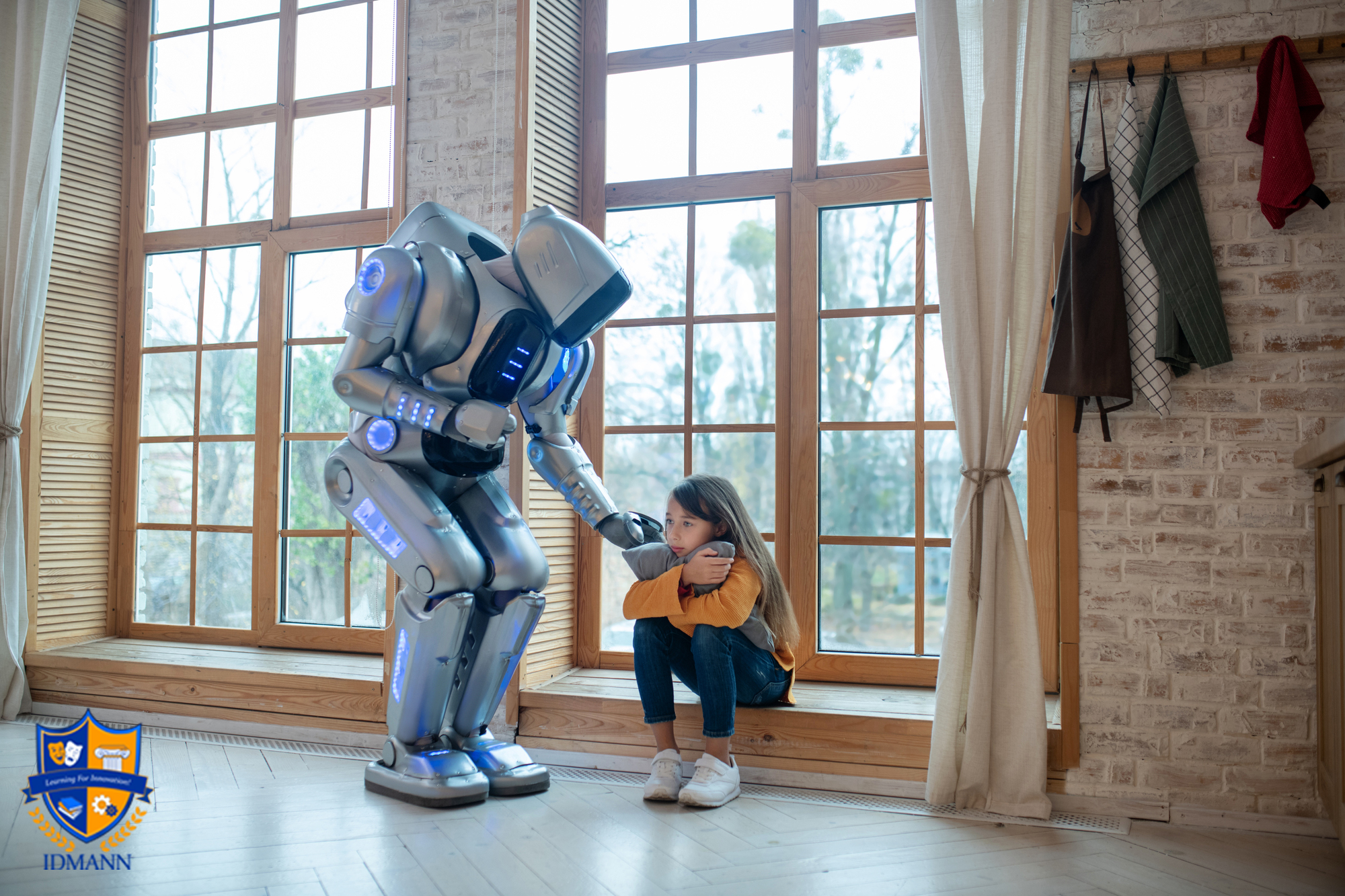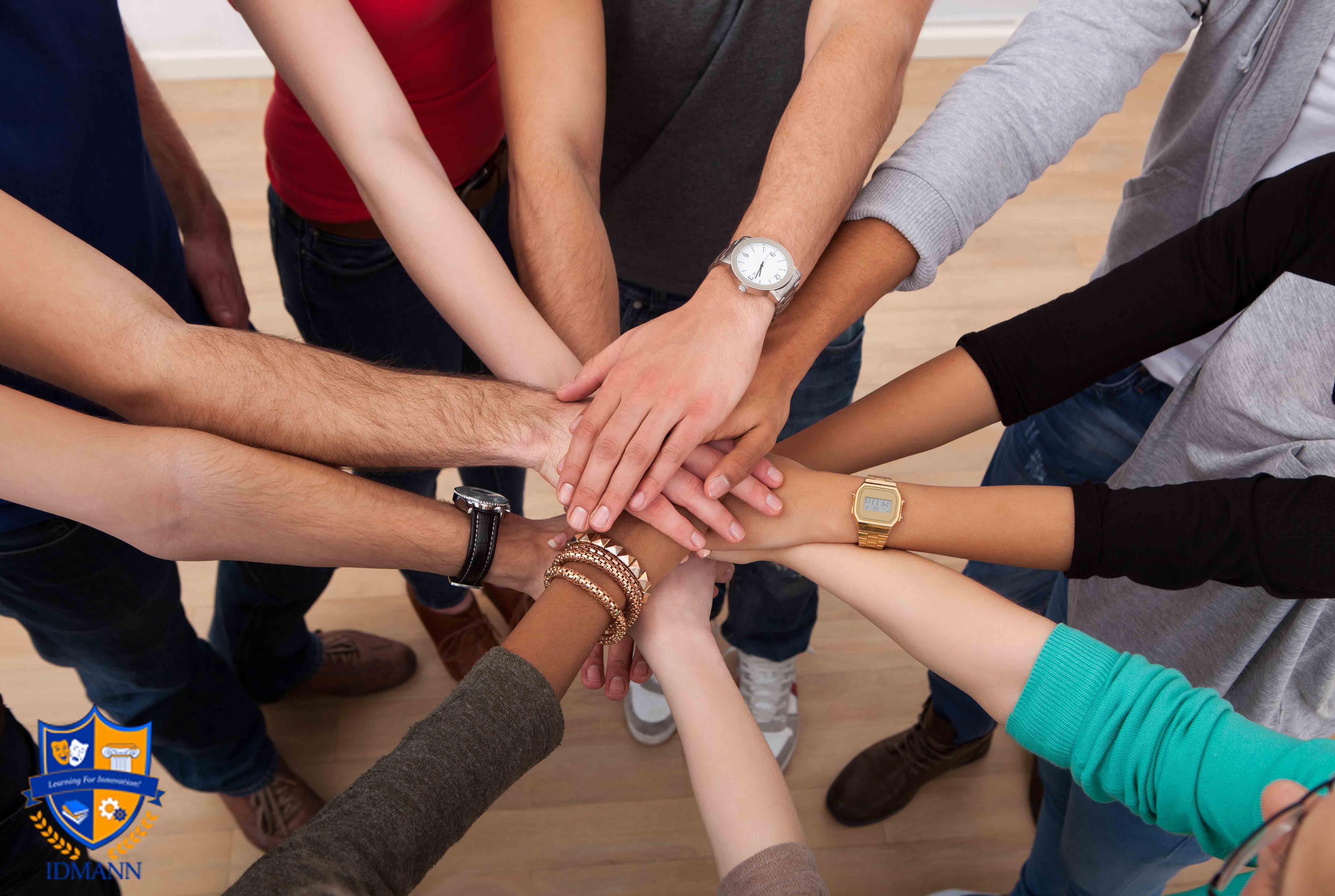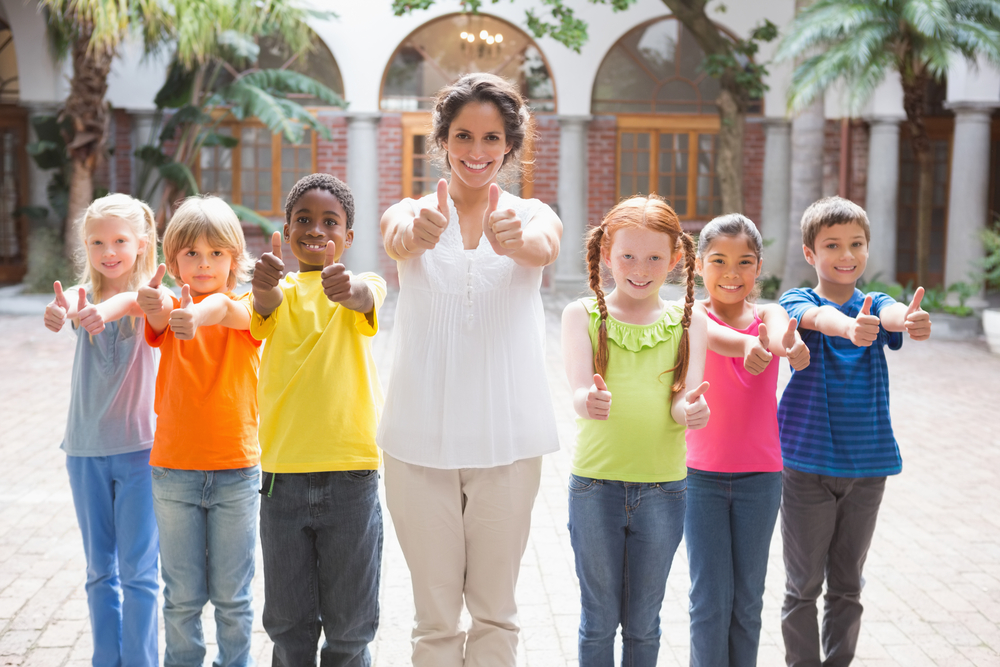We will be very lucky if schools reopen normally two years from now.
This may seem like a cynical assertion until you realize these are essentially the words of none other than the Director General of the World Health Organization, a professional optimist. The W.H.O. has the unenviable obligation of conveying serious life-and-death information to the global population while consciously avoiding anything that would induce a sense of the panic. In a press conference on August the 21st, 2020, Dr. Ghebreyesus stated publicly, “We hope to finish this pandemic (in) less than two years, especially if we can pool our efforts”.
That is not a statement of confidence.

Okay, so you don't like the W.H.O. Fine.
Here is the (almost ordained) paragon of U.S. public service virtue, Dr. Anthony Fauci, in an interview with MSNBC on the 11th of September, 2020.
“If you’re talking about getting back to a degree of normality which resembles where we were prior to COVID, it’s going to be well into 2021, maybe even towards the end of 2021.”
It gets even better. Or worse depending on your perspective.
Two of the most celebrated research groups in the world working on a vaccine for the virus are resident at Oxford University and Cambridge University. The Jenner Institute at Oxford established an enviable lead over other research group in the world in terms of recognition, funding, and high hopes that they could deliver a vaccine. The Viral Zoonotics program at Cambridge was one of the first to advance a fundamental understanding of the “behavior” of the virus.
The very same week that money was being shoveled at these vaccine research teams, Cambridge University closed its doors to all in-person classes till September 2021 at the earliest. All classes are now online, for the first time in the thousand-year plus history of Cambridge University. Harvard, Yale, Stanford, MIT, you name it! They have all closed their doors to students for the next year – and perhaps longer. Mark you these are the leading research institutions in the world, working on the solution to this problem. Do they know something the rest of us need to pay heed to? Yes! Yes! And yes again!
This thing is not ending any time soon.
There is no point rehashing the many recent news stories of school districts – and universities, no less! - who believe the well-worn laws of virology are mere suggestions that do not apply to them. They have gone ahead to open their doors to students. After a few days, Mum and Dad have had to rush BACK to pick Junior up from the dorms, now with the added dread that he may be a viral missile headed straight back home to take down Grandma and Grandpa; the very same doting grandparents who were celebrating his [ill-advised] departure for college only a few days earlier. This is what happens when calm rational thinking is displaced by blathering optimism (the very type that can result – and has resulted - in mass casualties).
Prepare for the long haul. This thing is NOT ending any time soon!
And then there is the oft-overlooked impact on very young children. Remember back at the start of the pandemic when this was the “benevolent virus” that did not attack children? Then came mid-summer when there was “a few hundred” reported cases of multi-symptom inflammatory syndrome (MIS-C) in children. By early September, 500,000 children in the U.S. had been infected. What?! The virus changed its mind and suddenly went after children?!
Nah! Let us apply the wisdom of a Franciscan Friar that dates back almost 900 years. A simple application of Ockam’s Razor would suggest that initially children were not affected by the virus simply because they were aggressively quarantined at the start of the outbreak. Parents were genuinely terrifed and therefore protective of their children. As the summer dragged on and parents relaxed their restrictions, infection in children picked up. Predictably.
Today children represent close to 10% of the total cases in the U.S. The infections may be milder (on average) but children are certainly contributing their quota to the spread of this virus. There is no pediatric immunity to be had! The data on worldwide pediatric infections – and mortality - speaks for itself. Unfortunately.
But kids have to keep learning (even though this thing is not ending any time soon).
So what have schools and school districts done? In the same haphazard, half-baked approach that has characterized the response in the U.S. and many other countries, schools have put five and six year-olds into Zoom classes of 15-20 students with teachers who have had no formal training in online teaching. Anyone who has raised a child KNOWS how that is going to end. It is practically impossible to hold the attention of very young children in an online class for any length of time. That is unless you have a parent supervising them DIRECTLY from home; and that defeats a critical purpose of the online classes which is freeing parents to return to work, even if that work is home-based.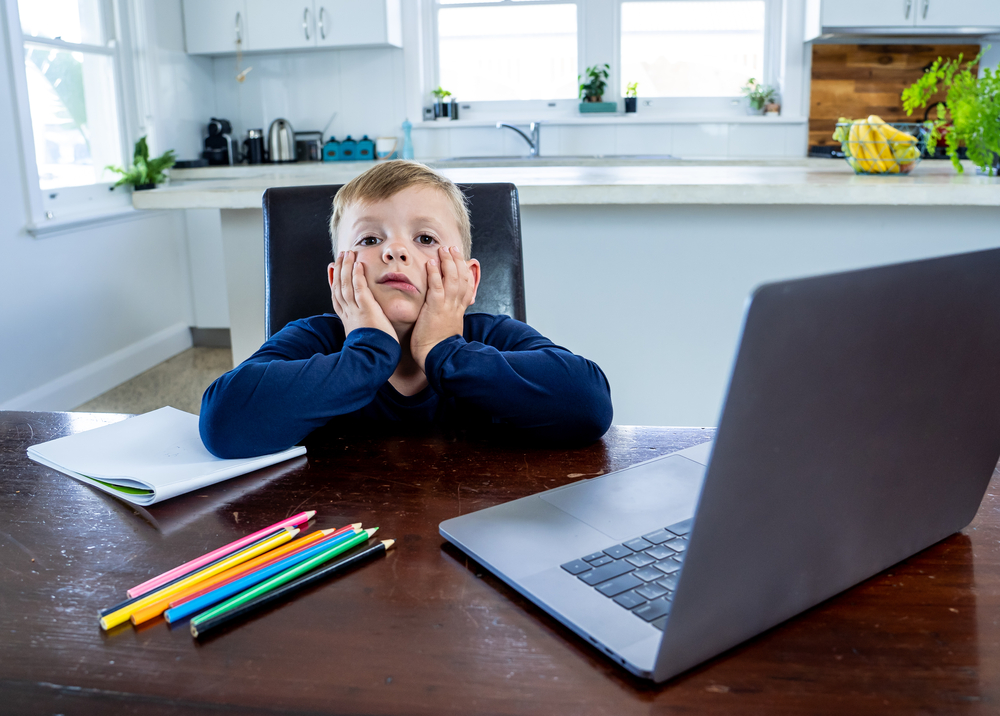
That is the real mental health risk in this pandemic; that children will experience severe mental stress due to sustained learning loss and inadequate tutorial services, and as a result, learning in the future will become a highly distressful undertaking for these young minds. This mental stress will further erode their desire and ability to learn, thereby exacerbating the learning loss. And that will activate a vicious – and mutually reinforcing – cycle of negative and compounded outcomes. That, will be the real pandemic for our young children, if not managed properly.
So what can parents do?
The first step is to accept: this thing is not ending any time soon.
That is a critical mental and emotional hurdle that will prepare parents to act independently and decisively in the best interest of their children, rather than waiting for relief that is not coming; at least not for a while. (Think of the five stages of grief. We need to skip steps and rush right to the very end of that process, and embrace acceptance. If nothing else, for the sake of our children. There is no time to waste.)
The second is to seek available, workable solutions. There is good news here. There are affordable and accessible interventions that are available to parents once they make this critical mental shift.
Several organizations are providing support for families who want to take their children's destinies in their own hands. For instance, IDMANN Academy operates the Cooperative Parents' Alliance (CPA) in which ten (10) like-minded families come together to develop a tutorial plan that works specifically for their children. A dedicated tutor is provided to teach the student coop. The CPA limits the size of each cooperative to ten students. The tutorial schedule and the tutorial content are tailor-made to address the needs of the students and the aspirations of the parents in the cooperative.
This is the ideal situation for parents who want to have a direct and dispositive hand in fashioning their children's education. Parents in the CPA can include electives and other pedagogical experiences that are simply not available in the regular school curriculum. (Want virtual reality (VR) based scientific expeditions right from the comfort and safety of home? IDMANN CPA is providing that. Interested in a particular foreign language? It is being done by a number of CPAs at IDMANN Academy.) Perhaps, just perhaps, this is the future of education, brought forward by this pandemic.
IDMANN Academy also operates the Private Tutor Program (PTP) in which a tutor is provided for a single student. From experience, this has been shown to be the most effective way for younger kids (10 and under) to learn. In the vast majority of cases, students actually enjoy online learning. Young students benefit from the undivided attention of a trained private instructor who works with them everyday. They can learn at their pace (which in many cases is faster than in a regular school class) and instructors can focus on those areas where the student needs the most help.
This has proven to be one of the most popular programs at IDMANN Academy because it provides parents the relief to focus on their own work, while providing an enriching and exclusive learning experience for the enrolled student, everyday. There are other innovative solutions available to parents and students; they just have to start looking for them.
Finally, parents need to do one more thing: relax. For better or worse, children take their emotional cues from the adults in their lives. A stressed-out and emotionally overwrought parent or guardian is not going to exert the calming influence children need to get through these trying times. Find time to read an interesting article (or book), take a walk, rediscover and share in your children's interests. They will never be this age again. Neither will you.

As a parent, I have rediscovered the sheer joy of taking long walks with my (now pre-teen) daughter. When she was born I stayed home with her for the first few months of her life. Then I would take her on long walks everyday. That was how I coaxed her to sleep, in the safety of the sling carrier. Time passes, they grow up. With a hectic school schedule (for her) and work (for me), I thought wistfully about those moments we shared when she was only a few months old. Then came this pandemic and we all had to be home. We have rediscovered those frequent walks during this pandemic. (This comes with the added benefit that I don't have to haul her in a baby carrier anymore!) Now she proudly counts the number of steps she takes on her smartwatch. A few days ago we did a "record 15,000 steps". That was for her. For me, it was the subdued exhilaration of a grateful father, walking - hand-in-hand - with his daughter for two hours, non-stop. And to think this 6-mile walk was her idea! Who said we are not blessed?
Yes, these are very difficult times; but let us work harder to find the joyous moments in them. They exist. Let us make every minute count, pandemic or not. That is how we all get through this – sane and sound.
(For more information on the programs at IDMANN Academy, visit www.idmann.academy or email This email address is being protected from spambots. You need JavaScript enabled to view it..
-- Article by Emeka Nwankwo, D.Eng.Sc. (accepted for publication, September 15th, 2020). All rights reserved. Copyright 2020.





